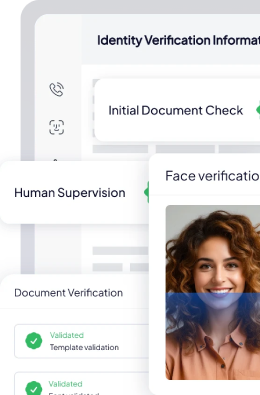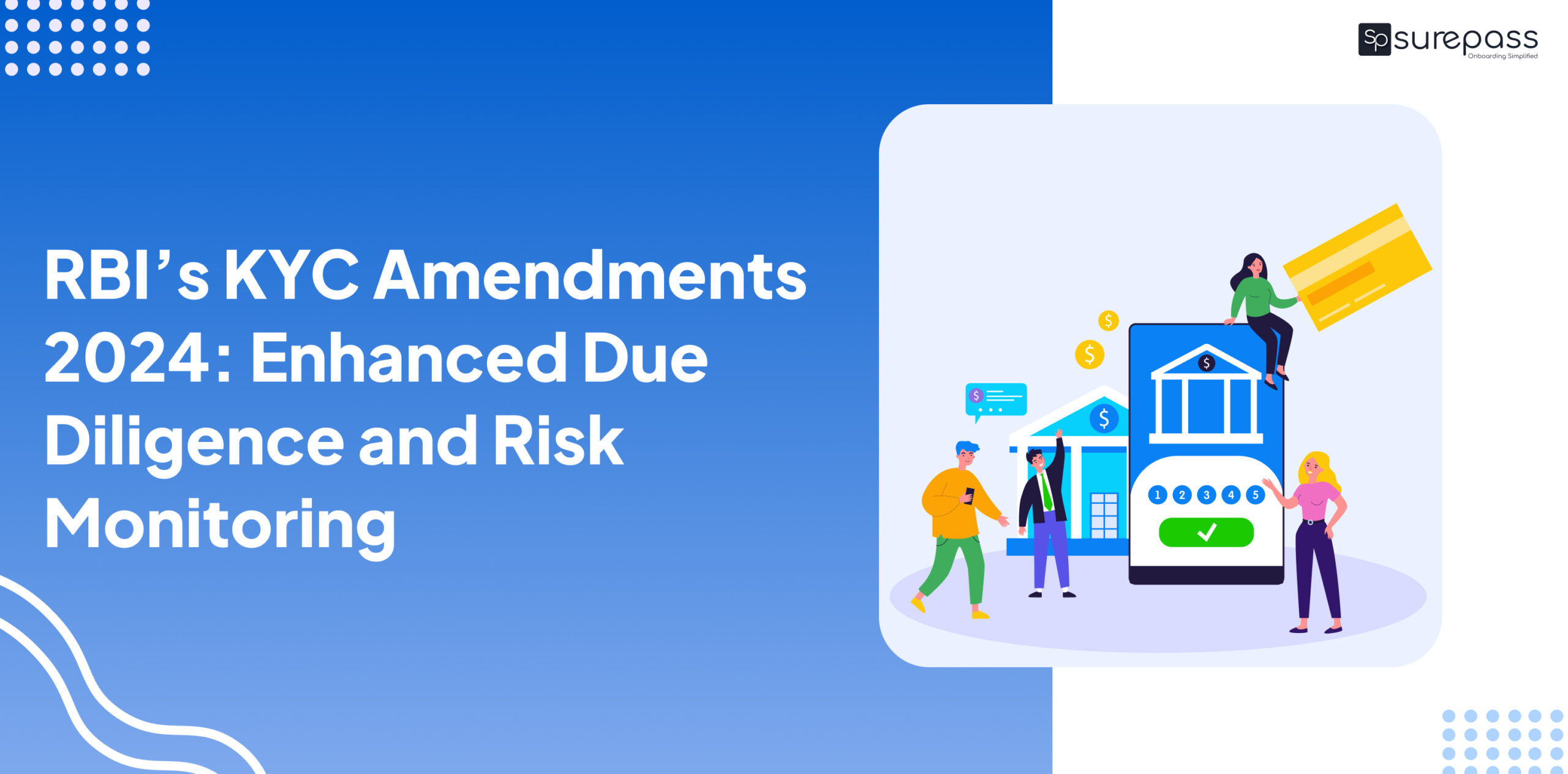KYC or Know Your Customer, is an essential process banks and financial institutions use to verify their customer identities. This helps prevent risks like Money Laundering and Terrorist funding. The Reserve Bank of India recently announced updates to KYC regulations to improve clarity and compliance. Here is a brief of the RBI’s KYC Amendments 2024.
RBI’s KYC Amendments
In response to changes in the financial sector and updates to the Prevention of Money Laundering (Maintenance of Records) Rules, 2005, the RBI announced new amendments to its Master Directions on KYC on November 6, 2024. These updates focus on clarifying the requirements and aligning them with recent legal changes.
Customer Acceptance Policy (Paragraph 10)
The revised Customer Acceptance policy allows Regulated Entities to apply Customer Due Diligence (CDD) at the Unique Customer Identification Code (UCIC) level. According to this amendment, existing customers who are KYC compliant do not have to undergo the CDD process again while accessing services in the same RE (if the customer is not risky).
Automate your KYC Process & reduce Fraud!
We have helped 200+ companies in reducing Fraud by 95%
High-Risk Account Monitoring (Paragraph 37)
Updates to Paragraph 37, High-risk accounts require intensified monitoring. According to this update, RE should focus on high-risk accounts and regularly monitor them to avoid legal issues Money Laundering, and other financial crimes.
Updation/Periodic KYC Updation (Paragraph 38)
According to periodic updation updates, the KYC information should be updated regularly. Regular updation of KYC information helps banks and financial institutions in keeping the KYC information up-to-date and accurate.
Sharing KYC Information with the Central KYC Records Registry (CKYCR) (Paragraph 56)
Regulated entities must upload and update KYC data to the Central KYC Records Registry (CKYCR) regularly. The REs can access the customer’s KYC information from CKYCR through UCIC. This will eliminate the need to resubmit documents and make the KYC process easy for banks and customers.
Benefits of RBI’s KYC Amendments 2024
Here are the benefits of amendments,
Reduced Fraud Risks: by using intensified monitoring of high-risk accounts and regular KYC updates, banks and financial institutes can detect suspicious activities early. It will reduce the risk of fraud and money laundering.
Enhanced Customer Experience: The central KYC Record Registry will simplify the KYC process by eliminating repetitive document submissions across different institutions.
Efficiency: it will speed up the onboarding process help customers receive services quickly and simplify the operations.
Why Choose Surepass as a KYC Partner?
To meet the RBI’s 2024 KYC guidelines, banks and financial institutions need reliable technical KYC solutions. Surepass provides KYC solutions designed to align with these standards, such as automating workflows for a smoother, safer, and fully compliant process. Our solutions simplify customer Due Diligence and remove the need for manual data collection.
Conclusion
The recent changes to the KYC rules are made to simplify the customer verification process while preventing risks like money laundering and terrorist funding. The periodic updates, monitoring of high-risk accounts, and sharing of data with a central registry will improve the onboarding process for banks and customers.
FAQs
What are the new KYC norms?
The new KYC norms introduced by the RBI include periodic updates of KYC information, enhanced monitoring of high-risk accounts, and mandatory sharing of KYC data with the Central KYC Records Registry (CKYCR).
What are the new updates in the KYC Master Direction?
The new changes in the KYC Master Direction are,
- Risked-based periodic KYC update (between 2 to 10 years)
- Regular monitoring of high-risk account
- use of a unique customer identification code (UCIC)
- integration with the Central KYC Records Registry





